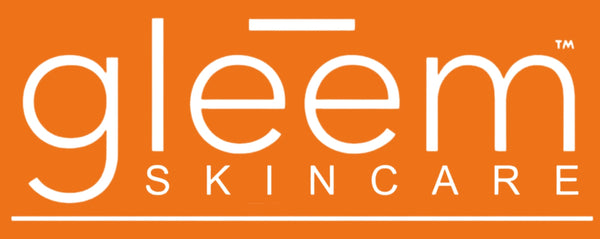Gleem Beauty’s MicroBiome Nourishing Cream uses a popular natural alternative to retinol - bakuchiol, derived from the seeds and leaves of the Psoralea corylifolia plant.
Known for its gentle properties, bakuchiol mimics retinol’s benefits, such as improving skin texture, reducing fine lines, and targeting pigmentation, without causing irritation like redness or peeling. It’s especially suitable for sensitive skin and can be used during the day, as it doesn’t increase sun sensitivity.
Why new EU’s New Retinol Restrictions
Retinol has been a go-to skincare ingredient for years, loved for its ability to reduce fine lines, wrinkles, and pigmentation while improving skin texture. However, the European Union (EU) is set to roll out new restrictions starting at the end of 2024, limiting the concentrations of retinol in over-the-counter products. Here's what you need to know about these changes and how they might affect your skincare routine.
Why Is Retinol So Popular?
Retinol, a derivative of vitamin A, works by promoting cell turnover and preventing collagen breakdown, helping to rejuvenate skin and tackle issues like acne and signs of aging. Despite these benefits, retinol has a reputation for causing irritation, especially for new users. Symptoms like redness, peeling, and dryness are so common they've earned the nickname "retinol purging." At higher concentrations, retinol can even lead to more serious side effects such as skin discoloration, eczema flare-ups, or increased sensitivity to sunlight.
What Are the New Regulations?
The EU’s decision to regulate retinol use stems from concerns over its potential risks at higher concentrations. From late 2024, retinol levels in body lotions will be capped at 0.05%, while face and hand products will be limited to 0.3%. Additionally, product labels will now warn users that these formulations contribute to their daily vitamin A intake. These rules are rolling out over 36 months, giving brands time to adjust their formulations.
Prescription-strength retinol will still be available for those who need higher concentrations, but the new restrictions aim to protect consumers from overexposure to vitamin A. Excessive vitamin A—whether through skincare or diet—can lead to health risks such as bone fractures and, in rare cases, birth defects during pregnancy.
What Does This Mean for You?
If you’re already using retinol, you don’t necessarily need to throw out your current products. Marlene Wallach, founder of Gleem Beauty suggests starting with lower-strength formulas and consulting a dermatologist if you need something stronger.
For those new to retinol, these changes can actually make it easier to safely incorporate the ingredient into your routine. By reducing the chances of overuse or adverse effects, the EU’s move ensures a balance between effectiveness and safety.
A Step Forward for Skincare
While some may be disappointed by the limitations, these regulations are ultimately a win for skincare enthusiasts. They prioritize consumer safety without entirely cutting off access to one of the most effective skincare ingredients. If you want higher-strength options, you can always consult a dermatologist for prescription-grade products.
So, keep using your favorite retinol responsibly, pay attention to concentrations, and embrace these changes as a step toward safer and smarter skincare. After all, healthy, glowing skin is always the goal!

